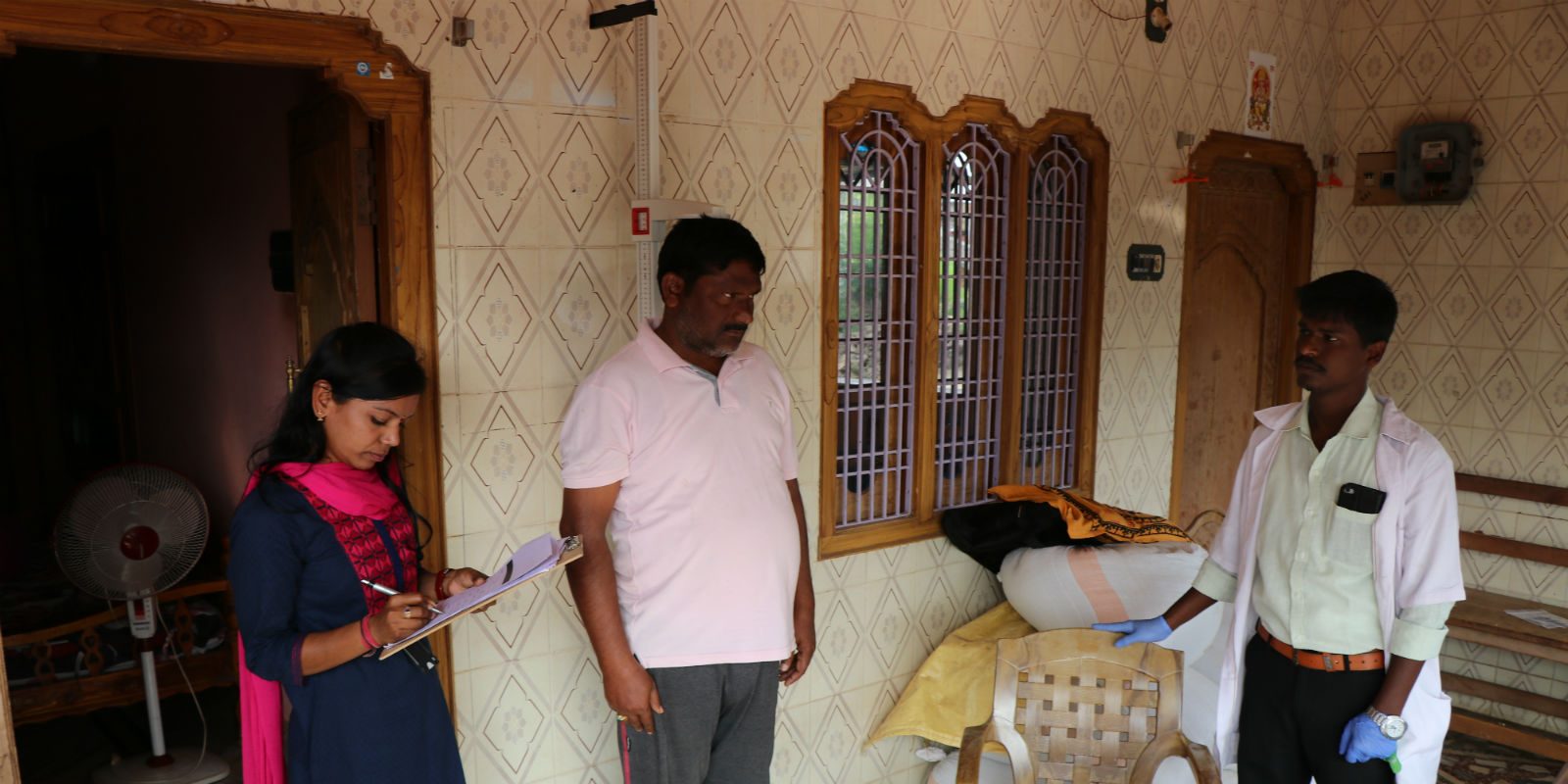
Heat Exposure and environmental Action for Limiting the burden of Chronic Kidney Disease of Undetermined etiology in Andhra Pradesh : HEAL CKDu
Background
Geographic clusters with high burden of CKD of unknown cause (CKDu) have been identified in several parts of the world. In Sri Lanka and Central America (Mesoamerican nephropathy), manual labour under very hot conditions in agricultural fields leading to heat stress has been established as the cause. The role of heat exposure on kidney health has not been evaluated in patients with CKDu in the Uddanam region of Andhra Pradesh.
Andhra Pradesh has experienced repeated heat waves for the past 4 to 5 years, and so evaluating the effect of heat stress on kidney function provides a unique opportunity to understand if prolonged exposure to heat is responsible for the high burden of CKD in this region. This study will pave the path for better insights into the role that heat stress plays in the development of on kidney disease in the Indian population.
The interventional component of the study will help identify public health strategies towards implementing preventive approaches to minimize the risk of recurrent acute kidney injury and its progression to CKD. The effect of heat stress on kidney function is an emergent area of research particularly in the context of climate change and its effect on CKD of undetermined etiology.
Aim
To assess kidney health risks due to environmental heat stress by evaluating its role in the development of acute kidney injury
Research Methodology
The study will have two phases. In the first phase, the study will recruit individuals representing occupations that involve prolonged heat exposure and physical exertion and compare them with age and gender matched controls without these exposures from the same geographic area. Heat exposure will be measured, along with change in kidney function during the course of the day in both groups.
In the second (intervention) phase, the study will examine the effect of hydration, protective clothing and behaviour change interventions aimed at minimising heat exposure and its effects on kidney function on these individuals.
Current Status
Standard operating procedures for the implementation of the study are being prepared currently.
Potential Impact
- The effect of heat stress on kidney function is an emergent area of research particularly in the context of climate change and its effect on CKD of undetermined etiology.
- Standardized methods for estimating heat stress and its impact on kidney health will be developed and validated through this study.
- The results from this study would inform policy around occupational health of those exposed to extreme heat environments and develop preventive strategies that could translate into occupational guidelines and standard monitoring mechanisms.




